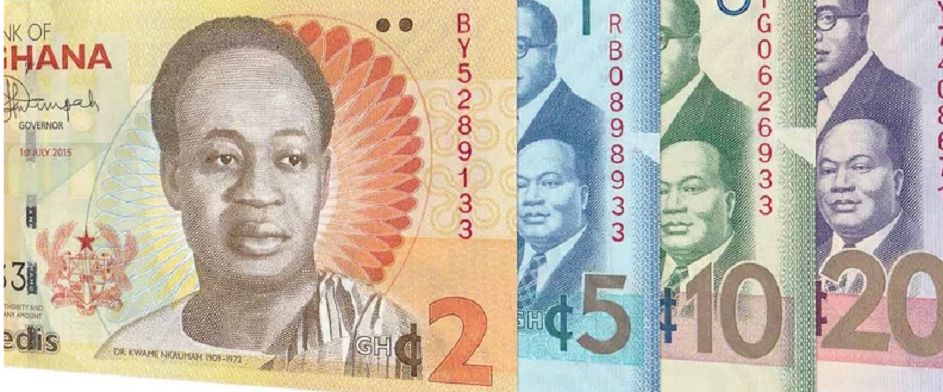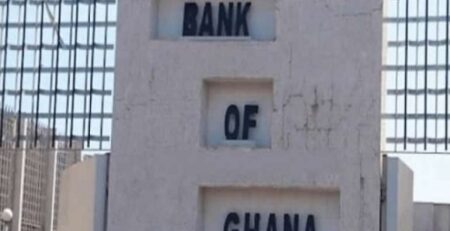Inflation, high imports to drive cedi to GH¢7 per US$ by year end – CEFIS report
The Centre for Economics Finance and Inequality Studies (CEFIS) has projected the Ghana cedi to reach GH¢7.03 against the United States dollar by end of the year, given factors such as inflation, high importation, foreign reserve position, current accounts, among others.
According to a report by the research firm, titled ‘Ghana Cedi Outlook on the Forex Market 2022’, the inflation forecast looks quite bleak due to both international and domestic factors, hence it will weaken the cedi’s strength against its major trading currencies.
Inflation rate, according to the Ghana Statistical Service (GSS), at the end of 2021 stood at 12.6 percent – the highest rate to be recorded in close to two and half years and way above the central bank’s upper target band of 10 percent.
Again, the report said, given the pickup of economic activities in the country, imports are expected to increase more this year than experienced last year, thereby putting more pressure on the cedi. And even though the central bank says the country has a strong reserve position, the CEFIS report argues the reserves will not see much improvement this year; thereby affecting the local currency’s strength.
“The increasing level of monetary policy rates over the recent quarters does not predict a decrease in price levels. This coupled with the not too pleasant macroeconomic variables all point to the fact that inflation will largely continue to rise in 2022, albeit at a slow rate.
Furthermore, the liquidity tightening on the international financial market, coupled with the uninspiring debt sustainability level for Ghana measured by the Debt to GDP ratio may mean that the government will have contract debt at a higher cost than before. This will inch up inflation, which will affect the Ghana cedi negatively.

054 282 3304/ 027 513 7538
“We expect imports to increase in the year 2022, this notwithstanding the likely imposition of the controversial reversal of the benchmark value discount on selected imported goods. Imports will increase in the short- to medium-term, as Ghana is yet to change its stand as an import-oriented economy.
“The international reserves, in many instances, are used to manage the exchange rate. In the case of the Ghana cedi exchange rate against its trading partners, we do not foresee a massive improvement in the international reserves to be dedicated to the Ghana cedi value in 2022. Hence, the support that the Ghana cedi gets from the international reserves will not be strong as it has been in the recent past. This, again, has influenced our exchange rate forecast for the year 2022,” the report stated.
According to the central bank’s data, Ghana’s foreign reserves – which stood at US$10.78billion in October 2021 – have improved significantly and are sufficient to cover almost five months of prospective imports.
Already, the Bank of Ghana has indicated it will pump US$450million into the forex market during the first quarter in a bid to stabilise the local currency against the US dollar. As part of it first quarter auction calendar, the central bank is ready to accept bids of up to US$150million each month in the first quarter. This comes after the local currency recorded a 4 percent depreciation against the US dollar at the end 2021, despite an earlier appreciation.
Recommendations
CEFIS is urging government to show commitment in pursuing policies aimed at strengthening the currency.
“Government, as the largest purchaser of goods and services, must commit to replacing a good proportion of its purchases with domestically produced goods. This strategy will go a long way to reduce the imports of such goods and services, hence reducing the demand for forex needed to pay for such goods and services.
“In as much as the Bank of Ghana has the mandate to stabilise the local currency, there is need for a coordinated and balanced monetary and fiscal policy measure between the Bank of Ghana and the Ministry of Finance targetted at stabilising the Ghana cedi. Without a coordinated monetary and fiscal policy management of the local currency, Bank of Ghana efforts at stabilising the Ghana cedi will see little success,” the report stated.














Leave a Reply